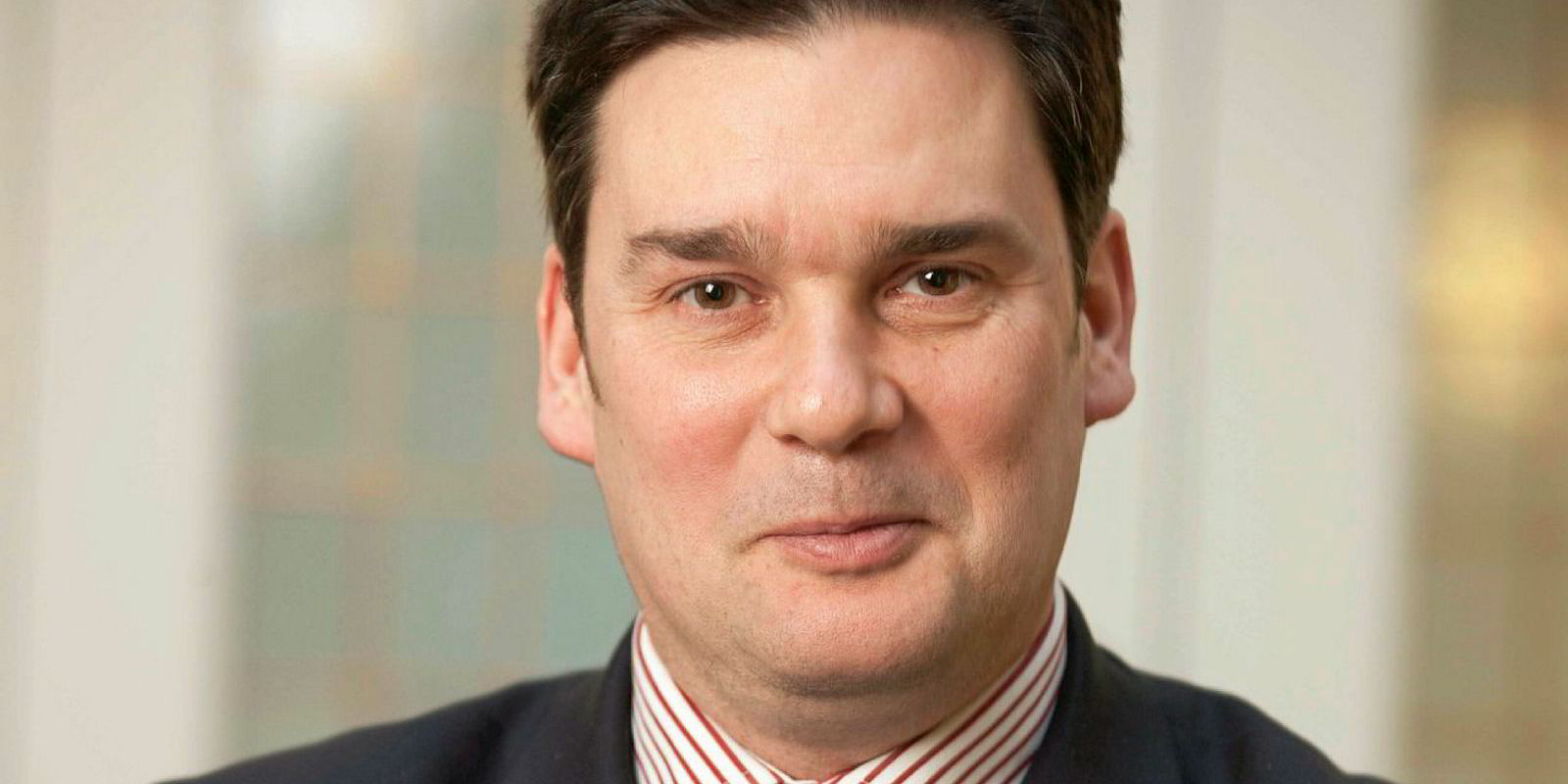Shipping has long been criticised for its efforts to reduce carbon emissions, but last week it stood toe to toe with the aviation industry at COP23, the United Nations Climate Change Conference 2017, in Bonn, Germany.
And, the maritime industry came out looking good, according to International Chamber of Shipping (ICS) head of external relations Simon Bennett.
The IMO was accused of snail’s pace progress on emissions last year when the International Civil Aviation Organization (ICAO) announced its greenhouse gas reduction scheme.
But Bennett says it was a very different story when he took his ringside seat at a meeting in Bonn, hosted by the UN Framework Convention on Climate Change, which compared the progress made by the two industry regulators.
Before drawing comparisons, Bennett stresses it is important to understand the differences between the two industries and how their approaches to tackling emissions vary.
“The similarities between shipping and aviation are often exaggerated,” he says. “It’s important to emphasise they are two completely different industries, facing different challenges on emissions.”
Shipping has been able to look to alternative fuels and technological improvements to chart a route towards achieving zero emissions, but the airline industry less so, he says. And where shipping has been able to drive down emissions through fuel efficiencies, aviation's emissions continue to rise.
Peak carbon
Shipping has identified 2008 as its peak year for emissions and, despite a growing fleet, is developing policies to keep carbon emission levels below that spike. Meanwhile, aviation is yet to determine when its carbon emissions will peak.
“In shipping, even when using fossil fuels, it is possible to improve fuel efficiency and it’s clear that the trajectory [on greenhouse gas emissions] is downwards. In absolute terms, we have already delivered an 8% to 12% reduction since 2008,” he says.
As a result, the IMO is basing its emissions reduction strategy on technology and the introduction of alternative fuels, but the aviation industry is being forced to look primarily at an offsetting scheme.
And while the IMO measures are expected to be mandatory, the ICAO offsetting scheme will be voluntary for developing countries.
In addition, the IMO has mandated a global CO2 emissions data collection scheme. It is the first industry to do so globally and will deliver its first findings in 2019. The airline industry is still developing a data collection scheme.
So, as the IMO prepares its initial carbon emissions strategy for April next year, progress in shipping appears to stand up well by comparison with aviation.
But many progressive countries and non-governmental environmental organisations fear the momentum to date will be lost in the politics of the IMO, resulting in watered-down measures and delays.
Some IMO members even question the claims made over post-2008 shipping emissions reductions.
Following the Bonn presentation, the Marshall Islands, a country already affected by rising seas, says it is not happy with the IMO's achievements to date.
“We are very concerned that with limited negotiating time left to agree IMO’s initial strategy, we are still far from consensus on an ambitious outcome that is consistent with the 1.5C limit [set out in theParis Agreement]," it says.
"Disappointingly, little progress was made at the IMO on this issue last month.”
The European Union has also taken a swipe at the IMO, saying that it will act independently to address the issue if the IMO does not make more progress.
Bennett says the issue is complex as the IMO is seeking to adopt measures that both developed and developing nations can agree to.
Under the Paris Agreement, a principle of "common but differentiated responsibilities and respective capabilities" was established. The idea is that each country makes an “appropriate degree of contribution”, depending on its economic status.
He believes that this is sometime overlooked by countries and parties seeking a harder-hitting approach from the IMO.
Despite concerns, Bennett says the ICS is one of the more ambitious parties in the discussion. he says it is targeting zero carbon emissions by the end of the century and that a 50% reduction by 2060 could be agreed and is achievable “politically and technically”.
“We count ourselves on the progressive side of the debate, although we are often characterised by others as not being so,” he says.
He believes the last IMO meeting did make progress by setting an initial framework in which to draw up both targets and short, medium and long-term measures.
Those will have to be agreed because the IMO will present its measures to the UNFCCC transport subcommittee for assessment at COP24 in Poland next year.
At the last IMO meeting, he said: “It’s important for the shipping sector to be able to demonstrate it can contribute the Paris Agreement.”



